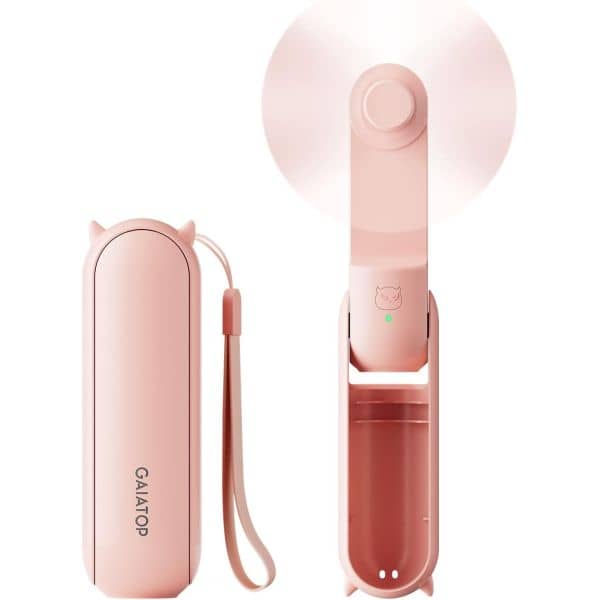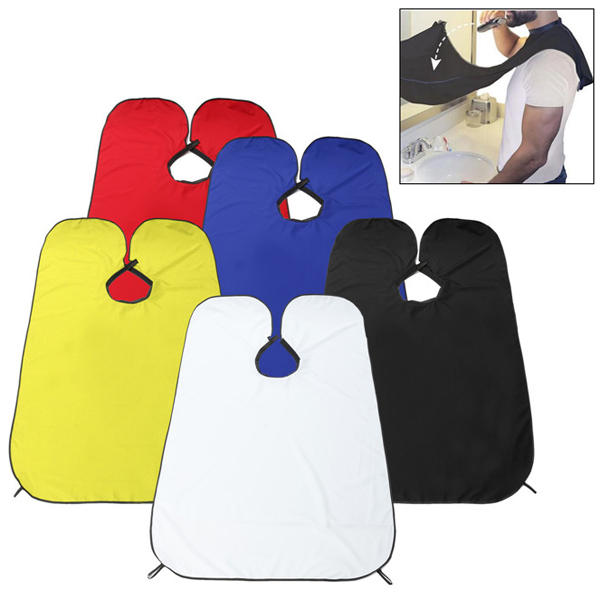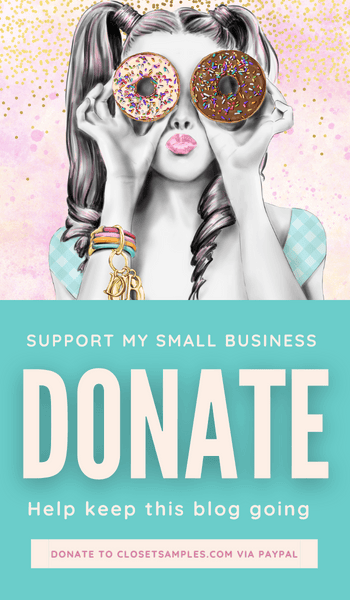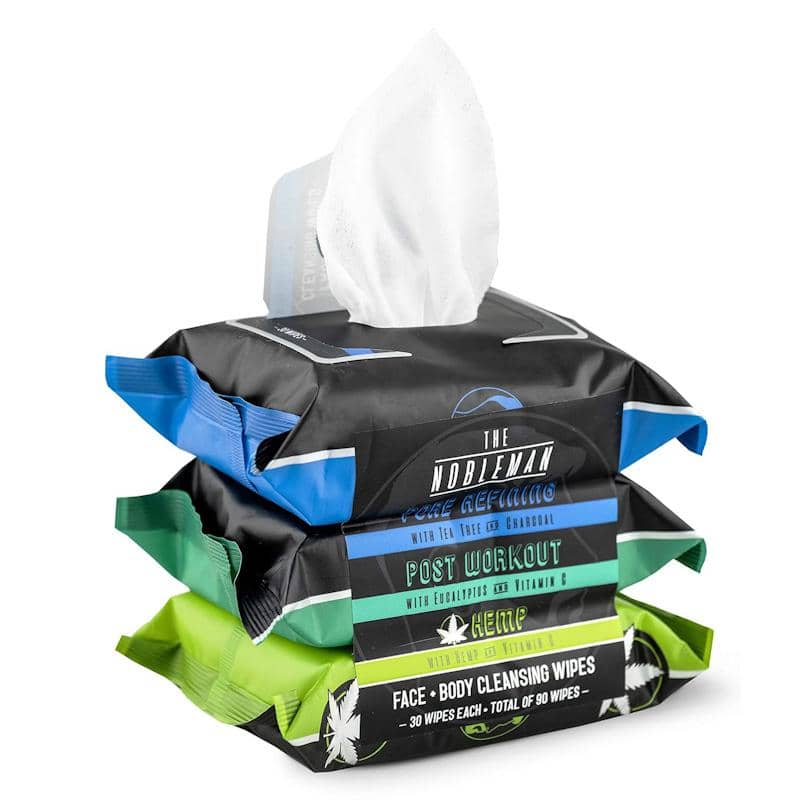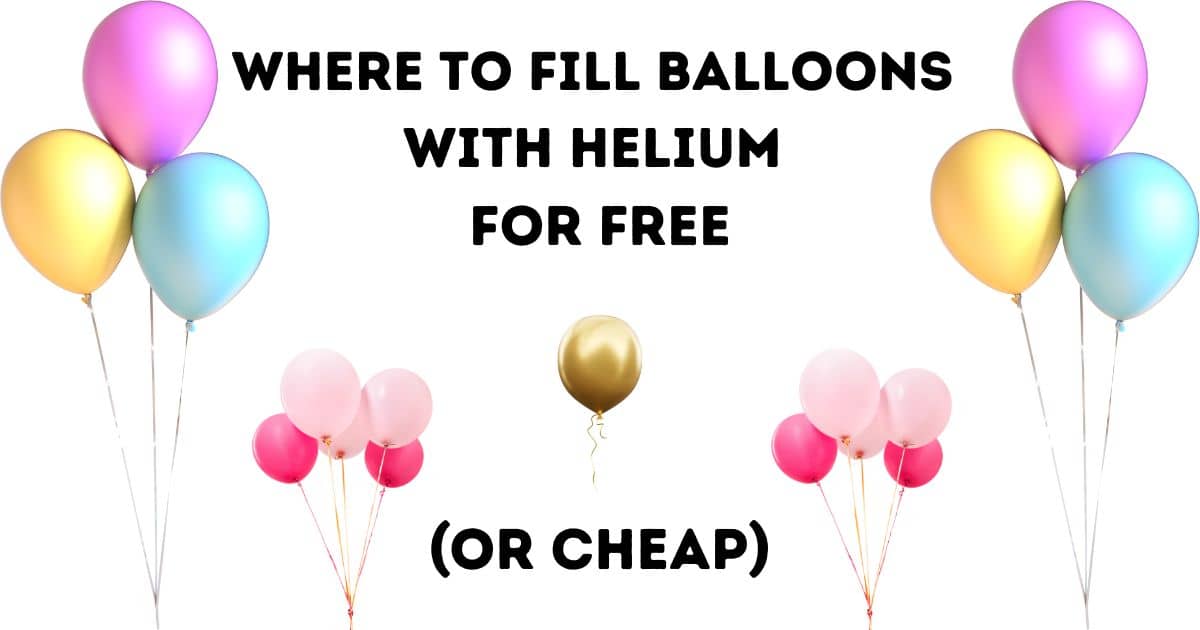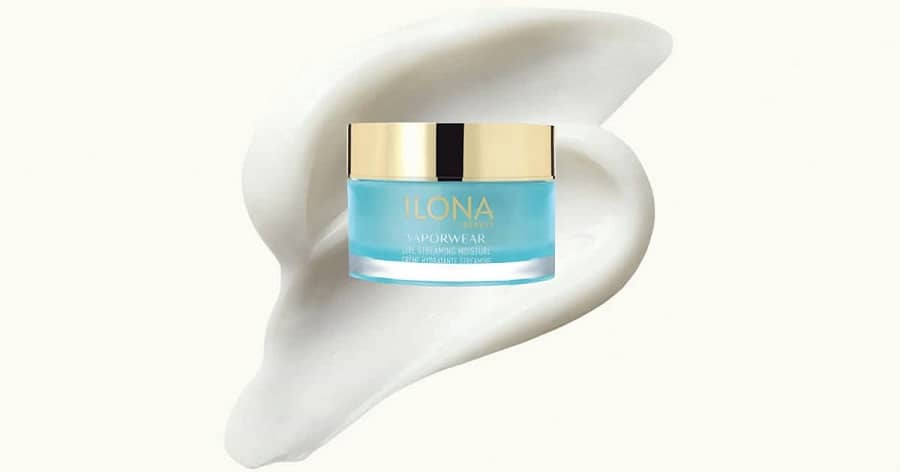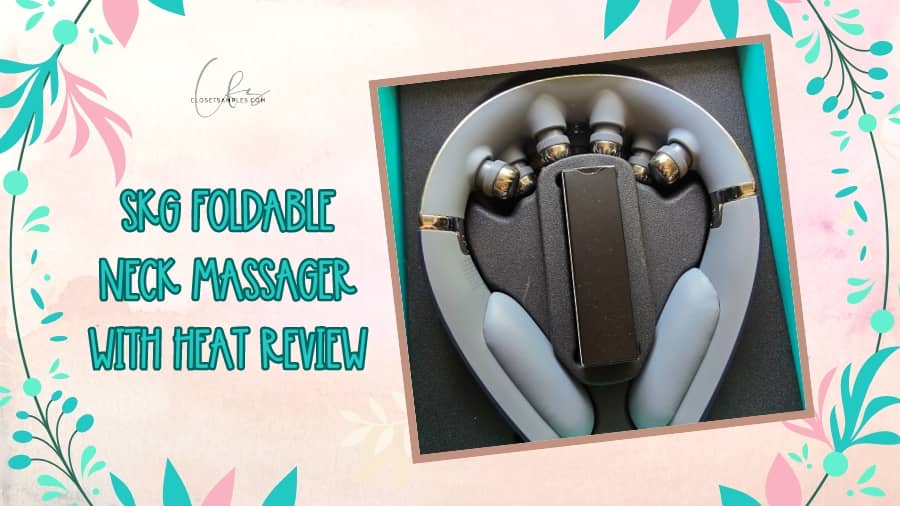In a world where sustainability and cost-effectiveness go hand in hand, the trend of making
homemade cleaners is gaining momentum. As consumers become more conscious of their environmental impact and household expenses, creating your own cleaning solutions emerges as a practical and eco-friendly choice.
 Image credit: Freepik
Image credit: Freepik
Benefits of Homemade Cleaners
Homemade cleaners offer a myriad of benefits beyond just cleanliness. They are cost-effective, utilizing simple ingredients that are often already available in your pantry. Additionally, these DIY solutions contribute to a greener planet by reducing the use of chemical-laden commercial cleaners. Here are some of the key advantages:
1. Safer for Your Health and Family:
Free from harsh chemicals: Unlike store-bought cleaners, homemade versions typically avoid harsh and potentially harmful chemicals like bleach, ammonia, and phosphates. These chemicals can irritate the skin, eyes, and respiratory system, and may even contribute to long-term health problems.
Reduced risk of accidental poisoning: Young children and pets are especially vulnerable to poisoning from household cleaners. Homemade cleaners, made with natural ingredients like vinegar and baking soda, are much less toxic if accidentally ingested.
Better for people with allergies and sensitivities: Many
store-bought cleaners contain fragrances and other additives that can trigger allergies and sensitivities. Homemade cleaners allow you to control the ingredients and avoid those that trigger your specific sensitivities.
2. Better for the Environment:
Biodegradable ingredients: Homemade cleaners typically use natural ingredients that biodegrade quickly, unlike many store-bought cleaners that can pollute waterways and harm aquatic life.
Reduced plastic waste: Making your own cleaners means you'll be using fewer plastic bottles and containers, which reduces overall plastic waste and helps protect the environment.
Lower carbon footprint: Producing and transporting store-bought cleaners requires energy and resources. Making your own cleaners at home reduces your carbon footprint and helps combat climate change.
3. Effective and Versatile:
Surprisingly powerful: Don't underestimate the cleaning power of natural ingredients! Vinegar, baking soda, and lemon juice can tackle a surprising range of cleaning tasks, from greasy messes to grimy surfaces.
Customizable: You can tailor your homemade cleaners to your specific needs and preferences. Add essential oils for a pleasant scent, adjust the vinegar-to-water ratio for different cleaning strengths, or experiment with different natural ingredients to find what works best for you.
Multipurpose cleaners: Many homemade cleaners can be used for multiple purposes, reducing the need for a whole cabinet full of different cleaning products.
4. Other benefits:
Satisfaction of DIY: There's a certain satisfaction in knowing you've made your own cleaning products. It's a fun and rewarding way to take control of your household and become more self-sufficient.
Cost-effective: While some ingredients may seem expensive initially, they often last much longer than store-bought cleaners, making them more cost-effective in the long run.
Making the switch to homemade cleaners is a simple and effective way to improve your health, the environment, and your wallet. So give it a try and see for yourself the many benefits it offers!
 Image credit: Freepik
Image credit: Freepik
Ingredients for DIY Cleaners
Creating homemade cleaners doesn't require a chemistry degree. Basic household items like vinegar, baking soda, lemon, and essential oils can be powerful allies in your cleaning arsenal. These ingredients are not only effective but also safer for your family and the environment.
Here are some common ingredients you can use to make your own DIY cleaners, along with their benefits and uses:
- Benefits: A natural disinfectant, cuts through grease and grime, deodorizes, biodegradable.
- Uses: All-purpose cleaner, glass cleaner, floor cleaner, oven cleaner, weed killer.
- Benefits: Abrasive powder, absorbs odors, neutralizes acidity, whitens fabrics.
- Uses: Scouring powder, stain remover, deodorizer, laundry booster, sink cleaner.
- Benefits: Natural bleaching agent, cuts through grease, deodorizes, freshens the air.
- Uses: Stain remover, furniture polish, metal cleaner, cutting board cleaner, garbage disposal deodorizer.
- Benefits: Gentle and biodegradable soap, effective for cleaning various surfaces, can be diluted for different uses.
- Uses: Dish soap, laundry detergent, all-purpose cleaner, pet shampoo, hand soap.
- Benefits: Boosts cleaning power, softens hard water, deodorizes, kills mildew.
- Uses: Laundry booster, all-purpose cleaner, toilet bowl cleaner, carpet cleaner.
- Benefits: Add pleasant scents, some have antibacterial and antifungal properties.
- Uses: All-purpose cleaner, glass cleaner, air freshener, laundry detergent.
- Benefits: Disinfects, cuts through grease, evaporates quickly.
- Uses: Glass cleaner, window cleaner, countertop cleaner, disinfectant.
- Benefits: Bleaching agent, disinfectant, removes blood stains.
- Uses: Laundry pre-treater, floor cleaner, tile cleaner, cutting board cleaner.
Remember: Always test any homemade cleaner on a small, inconspicuous area before using it on a larger surface. Be careful not to mix certain ingredients, as it can create harmful fumes.
 Image credit: Freepik
Image credit: Freepik
Where are the best places to buy the above ingredients?
The best prices and places to buy the ingredients for DIY cleaners will vary depending on your preferred brands and shopping habits. However, here are some general tips and suggestions to get you started:
1. Grocery stores:
Vinegar: Large grocery chains like
Walmart and
Kroger typically offer the best prices on vinegar, with gallon jugs often costing around $1-$2. You can also find smaller bottles or organic options at stores like Whole Foods or Sprouts Farmers Market, but expect to pay a bit more.
Baking soda: Similar to vinegar, baking soda is usually cheapest at large grocery stores like
Walmart or
Kroger, where you can find 1-pound boxes for around $1. Smaller boxes or specialty brands might be pricier at other stores.
Lemon juice: While fresh lemons are always an option, bottled lemon juice can be more convenient. Look for store brands or generic options at larger grocery stores for the best prices, typically around $1-$2 per bottle. I usually find the small bottles for 98¢ at my local
Walmart.
Castile soap: Dr. Bronner's is a popular brand of castile soap, but it can be expensive at some stores. Try checking discount stores like
TJ Maxx or
Marshall's for better deals, or consider buying online in bulk for further savings. For these types of discount stores, your best bet is to go in person and look around as online typically says this particular item is not available.
2. Discount stores:
Dollar Tree and Dollar General: These stores offer a variety of cleaning supplies at very low prices, making them a great option for budget-conscious shoppers. You can find vinegar, baking soda, and castile soap here, although the selection might be limited.
Costco and Sam's Club: If you have a membership,
Costco and
Sam's Club offer large quantities of cleaning supplies at bulk prices. This can be a great option for buying essentials like vinegar and baking soda in bulk.
3. Online retailers:
Amazon: You can find a wide variety of cleaning supplies on
Amazon, including all of the ingredients listed above. The prices can vary depending on the brand and quantity, but you can often find good deals with Prime membership or through coupons.
Grove Collaborative: This online retailer specializes in eco-friendly cleaning products and offers bundle discounts and subscriptions. You can find vinegar, baking soda, castile soap, and other natural cleaning ingredients here.
Remember to compare prices and consider factors like convenience and quality when choosing where to buy your DIY cleaning supplies. I hope this helps!
 Image credit: Freepik
Image credit: Freepik
Simple Recipes for Homemade Cleaners
Let's delve into some easy recipes for homemade cleaners that cover various cleaning needs:
All-Purpose Cleaner:
Simple and effective: Mix equal parts
white vinegar and water in a
spray bottle. This works on most surfaces except granite and marble. Add a few drops of essential oil for a pleasant scent (
tea tree,
lemon, or
orange are good choices).
Heavy-duty: Combine 1 part vinegar, 1 part water, and 1 tablespoon of
cornstarch in a spray bottle. This is great for greasy messes and soap scum.
Glass Cleaner:
Streak-free shine: Mix 2 cups water, 1/2 cup white or
cider vinegar, and 1/4 cup rubbing alcohol in a spray bottle. Add a few drops of orange essential oil for a citrusy scent.
For extra shine: Add a tablespoon of lemon juice to the basic recipe.
Stainless Steel Cleaner:
Polished look: Mix 1/2 cup
olive oil with 1/4 cup lemon juice. Apply with a
soft cloth and buff to a shine.
Removing water stains: Dip a cloth in white vinegar and wipe down the surface.
Kitchen Cleaners:
Degreaser: Combine 1 cup baking soda, 1/4 cup liquid castile soap, and 1/2 cup hot water in a spray bottle. This tackles greasy messes on countertops, stovetops, and ovens.
Scouring powder: Mix equal parts baking soda and salt for a gentle abrasive scrub for pots, pans, and griddles.
Fruit and vegetable wash: Soak produce in a bowl of water with 1 tablespoon of white vinegar for 5 minutes to remove impurities.
Bathroom Cleaners:
Shower scum remover: Mix equal parts white vinegar and rubbing alcohol in a spray bottle. Spray on shower walls and doors, leave for 10 minutes, then scrub and rinse.
Toilet bowl cleaner: Pour 1 cup baking soda into the bowl, let sit for 30 minutes, then scrub with a toilet brush. Add 1/2 cup vinegar for extra sparkle.
Mirror cleaner: Polish mirrors to a streak-free shine with a mixture of 1 cup water, 1/4 cup rubbing alcohol, and a few drops of lemon juice.
Furniture and Wood Cleaners:
Dust polish: Mix 1 part olive oil with 2 parts lemon juice. Apply sparingly to a soft cloth and wipe down furniture for a natural shine.
Wood cleaner: Combine 1 tablespoon olive oil, 1 tablespoon white vinegar, and 1 cup water in a spray bottle. Wipe down wood surfaces with the grain to avoid water marks.
Leather cleaner: Mix equal parts white vinegar and water in a cloth and gently wipe down leather surfaces. Follow with a dry cloth to buff.
General Cleaners:
Floor cleaner: For hard floors, dilute 1/2 cup white vinegar in a gallon of hot water. For wood floors, mix 1/4 cup dish soap with a gallon of warm water.
Laundry booster: Add 1/2 cup baking soda to your laundry detergent for extra cleaning power and odor removal.
Carpet stain remover: Mix 1 tablespoon
dish soap with 2 cups warm water in a spray bottle. Apply to stain, blot with a clean cloth, and repeat if necessary.
Other useful cleaners:
Baking soda: a natural scrub for removing stains and odors. Use it on carpets, fabric, and sinks.
Castile soap: a gentle liquid soap that can be used for dishes, laundry, and cleaning surfaces.
Citric acid: great for descaling coffeemakers and kettles.
Borax: a powerful booster for laundry detergent and all-purpose cleaners.
Tips for saving money:
- Buy ingredients in bulk, especially vinegar, baking soda, and castile soap.
- Reuse old spray bottles and containers.
- Look for online coupons and deals on cleaning supplies.
- Consider making your own laundry detergent and dish soap.
Remember, it's important to test any homemade cleaner on a small, inconspicuous area before using it on a larger surface. Be careful not to mix certain ingredients, as it can create harmful fumes.
 Image credit: Freepik
Image credit: Freepik
Environmental Impact
Apart from the financial benefits, making homemade cleaners positively impacts the environment. By reducing your reliance on chemical cleaners packaged in single-use plastic, you contribute to sustainability and reduce your carbon footprint. Here are some key ways you can make a positive impact:
Reduced Chemical Pollution:
Fewer harmful ingredients: Commercial cleaners often contain harsh chemicals like chlorine, ammonia, and phosphates, which can be toxic to aquatic life and pollute waterways when washed down the drain. Homemade cleaners typically rely on natural ingredients like vinegar, baking soda, and lemon juice, which are biodegradable and less harmful to the environment.
Minimal packaging waste: By making your own cleaners, you significantly reduce the amount of plastic bottles and containers that end up in landfills or oceans. You can often reuse old spray bottles and containers, further minimizing your environmental footprint.
Lower Carbon Footprint:
Locally sourced ingredients: Many ingredients for homemade cleaners can be found locally, reducing the need for transportation and associated carbon emissions. Choosing local organic options when possible further promotes sustainable practices.
Less manufacturing and transportation: Commercial cleaners require energy-intensive manufacturing processes and long-distance transportation, contributing to greenhouse gas emissions. Making your own cleaners at home avoids these steps, decreasing your carbon footprint.
Overall Sustainability:
Biodegradable ingredients: Homemade cleaners made with natural ingredients break down readily in the environment, unlike many chemically-based commercial products that can persist and cause long-term harm.
Reduced water usage: Some homemade cleaners require minimal water for diluting or spraying, leading to less water consumption compared to using pre-made cleaners.
Supporting sustainable brands: When sourcing ingredients, you can choose brands that focus on sustainability and responsible sourcing, further contributing to environmental protection.
By making the switch to homemade cleaners, you're not just saving money, you're also actively contributing to a cleaner and healthier planet. It's a simple yet impactful way to make a difference and become a more responsible consumer. Remember, even small changes like adopting DIY cleaning practices can collectively make a significant positive impact on the environment. So let's all do our part and start cleaning green!
 Image credit: Freepik
Image credit: Freepik
Safety Measures
While homemade cleaners are generally safe, it's crucial to follow proper guidelines. Always label your DIY cleaning solutions, keep them out of reach of children, and ensure proper ventilation when using certain ingredients. Here are some key measures to follow:
Ingredient knowledge:
Research ingredients: Before you start mixing, research the properties and potential dangers of each ingredient you plan to use. Some natural ingredients can have adverse effects when combined or used improperly.
Follow recipes: Stick to proven recipes from reliable sources or adjust them carefully if needed. Don't experiment with untested combinations, as unexpected reactions can occur.
Mixing and storage:
Proper ventilation: Mix ingredients in a well-ventilated area, preferably outdoors or near an open window, to avoid inhaling fumes.
Safe containers: Use clean, dedicated containers for your homemade cleaners. Label them clearly with the ingredients and date of preparation. Never store them in containers previously used for food or beverages.
Avoid mixing certain ingredients: Certain combinations, like chlorine bleach and vinegar or ammonia, can create harmful gases. Familiarize yourself with incompatible ingredient pairs and avoid mixing them at all costs.
Usage and precautions:
Wear gloves and eye protection: When using homemade cleaners, especially those with potential irritants like vinegar or lemon juice, wear
gloves and
eye protection to avoid skin and eye irritation.
Patch test before use: Before applying a homemade cleaner on a large surface, test it on a small, inconspicuous area to ensure it doesn't cause discoloration or damage.
Keep away from children and pets: Store homemade cleaners out of reach of children and pets to prevent accidental ingestion or contact.
Additional tips:
Use fresh ingredients: Expired or old ingredients might lose their effectiveness or even become harmful. Regularly check your homemade cleaners and dispose of them if they haven't been used in a while.
Proper disposal: When disposing of expired or unused homemade cleaners, follow your local guidelines for safe disposal of chemical waste.
Remember, safety should always be your top priority when making and using homemade cleaners. By following these guidelines and exercising caution, you can enjoy the benefits of DIY cleaning while ensuring a safe and healthy environment for yourself and your loved ones.
If you have any questions or concerns about specific ingredients or recipes, it's always best to consult with a qualified professional or seek advice from reliable sources. Don't hesitate to prioritize your safety and well-being above all else.
 Image credit: Freepik
Image credit: Freepik
Common Myths About Homemade Cleaners
Making the switch to homemade cleaners can be a great way to save money, improve your health, and reduce your environmental impact. However, there are still some myths and misconceptions floating around about DIY cleaning solutions. Let's debunk some of the most common ones:
Myth #1: Homemade cleaners are not as effective as store-bought ones.
While some commercial cleaners contain powerful chemicals that tackle specific cleaning tasks quickly, this doesn't mean homemade cleaners are ineffective. Natural ingredients like vinegar, baking soda, and lemon juice offer surprising cleaning power, especially for everyday messes. You can adjust ingredient ratios and customize your DIY recipes for optimal results.
Myth #2: You need complicated ingredients and scientific knowledge to make them.
Most homemade cleaners rely on readily available ingredients you probably already have in your pantry. Recipes are often simple and require minimal mixing or preparation. You don't need a chemistry degree to whip up a batch of all-purpose cleaner or stain remover.
Myth #3: Mixing ingredients is dangerous and can create harmful fumes.
While it's always wise to be cautious and follow safety guidelines, most basic homemade cleaner recipes involve safe combinations of natural ingredients. Avoiding mixing incompatible ingredients like bleach and vinegar, and ensuring proper ventilation while mixing, minimizes any potential risks.
Myth #4: Homemade cleaners don't disinfect.
Certain ingredients like vinegar and citrus juices have inherent antibacterial and antifungal properties. While they may not be as potent as some commercial disinfectants, they can effectively eliminate germs and bacteria from most surfaces for everyday cleaning needs. For situations requiring stronger disinfection, you can research specific recipes or consider utilizing store-bought options for targeted areas.
Myth #5: You can't make cleaners for all types of surfaces.
While some natural ingredients might not be suitable for delicate surfaces like marble or granite, there are plenty of homemade recipes tailored for a variety of materials. With proper research and ingredient selection, you can create DIY cleaners for floors, windows, glass, wood, stainless steel, and more.
By understanding and debunking these common myths, you can confidently explore the world of homemade cleaning solutions and discover their numerous benefits. Remember, with a little knowledge and creativity, you can easily customize your cleaning routine with safe and effective DIY options.
 Image credit: Freepik
Image credit: Freepik
FAQs
Are homemade cleaners safe for all surfaces?
Yes, most homemade cleaners are safe for a variety of surfaces. However, it's always wise to test in an inconspicuous area first.
Can I use homemade cleaners if I have allergies?
Absolutely. Homemade cleaners can be tailored to avoid common allergens, providing a safer option for allergy sufferers.
Will homemade cleaners disinfect as effectively as commercial disinfectants?
Yes, many homemade cleaners have natural antibacterial properties, making them effective disinfectants.
How can I make my own laundry detergent?
Are homemade cleaners suitable for cleaning electronics?
While some DIY solutions can be used, it's crucial to be cautious and avoid excessive moisture on electronic devices.
Can I use homemade cleaners in a steam cleaner?
Homemade cleaners are not recommended for steam cleaners, as they may damage the equipment. Stick to manufacturer-approved solutions.
How to Store Homemade Cleaning Products
Proper storage ensures the longevity of your homemade cleaners. Store them in labeled, airtight containers away from direct sunlight and extreme temperatures for optimal effectiveness.
 Image credit: Freepik
Image credit: Freepik
Conclusion
Making homemade cleaners might seem like a small step, but its impact ripples far beyond a lighter wallet. You'll be reducing toxic chemicals in your home, minimizing plastic waste, and taking a stand for a cleaner planet. Every bottle of DIY cleaner you concoct is a victory for your health, the environment, and your budget.
Ditch the pricey cleaning aisle and embrace the power of DIY! Start mixing up your own cleaners and unlock a world of savings, environmental kindness, and personalized cleaning satisfaction. Your wallet, your health, and the planet will thank you. So grab your vinegar, baking soda, and essential oils, and get ready to revolutionize your cleaning routine!
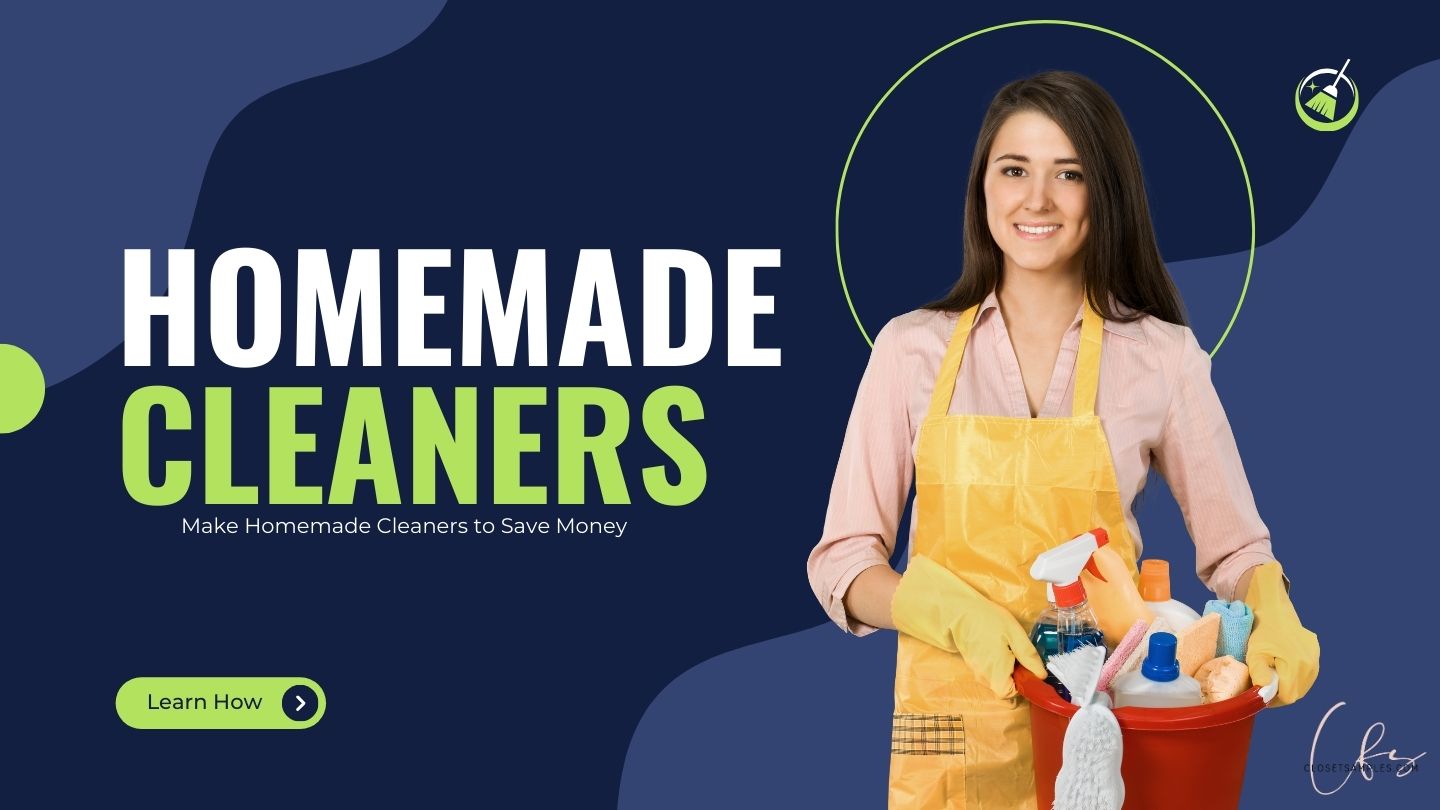
 Image credit: Freepik
Image credit: Freepik Image credit: Freepik
Image credit: Freepik Image credit: Freepik
Image credit: Freepik Image credit: Freepik
Image credit: Freepik Image credit: Freepik
Image credit: Freepik Image credit: Freepik
Image credit: Freepik Image credit: Freepik
Image credit: Freepik Image credit: Freepik
Image credit: Freepik Image credit: Freepik
Image credit: Freepik


 Here you will find all the best coupon advice, tips and how to make the most of all your coupons!
Here you will find all the best coupon advice, tips and how to make the most of all your coupons!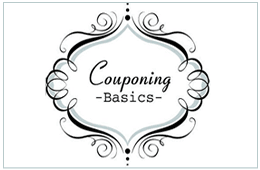 Are you looking for ways to stretch your dollar?
Are you looking for ways to stretch your dollar? 


